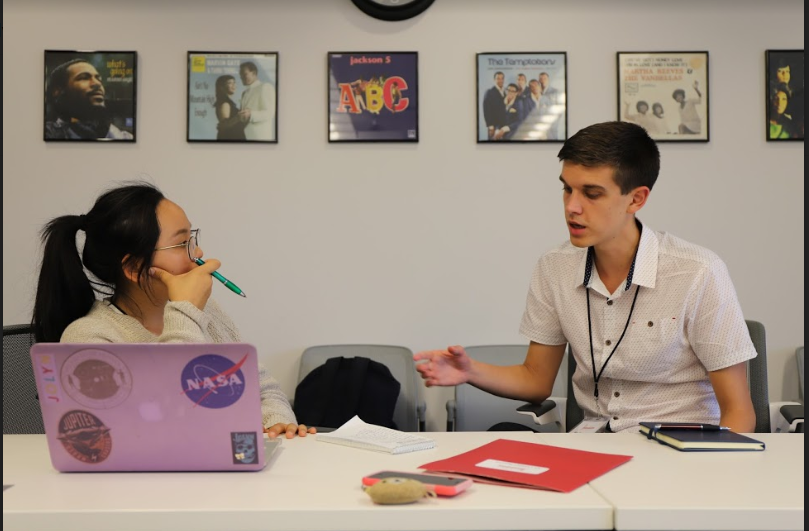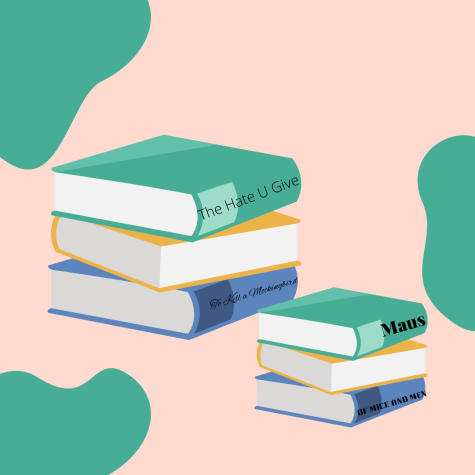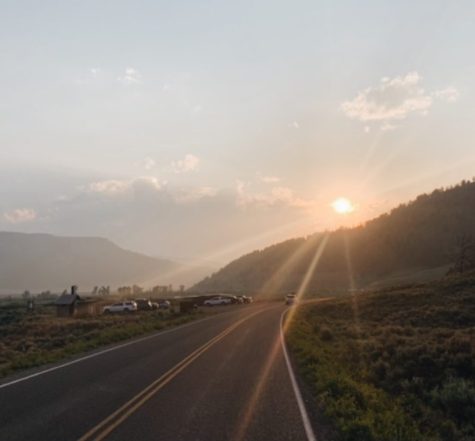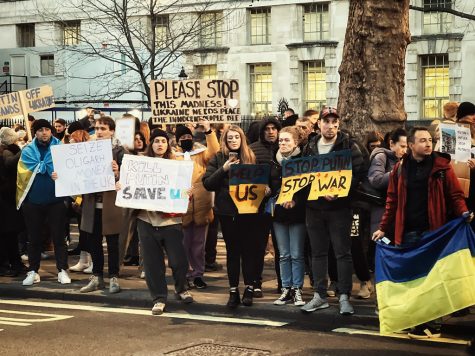Journalists explore Detroit
ONE-ON-ONE. A California student works out the details of her story idea with her group leader. Students were divided into groups based on their storytelling media, such as writing, broadcast, multimedia, and photo. The camp’s group mentors helped them through this process.
The summer before senior year was a busy one for sure. At home, I was waking up early mornings to train for my end-of-season swim competition. Away, I went to a West Point camp in New York and then I vacationed in Chicago.
But, who would have guessed that out of all my travels, my week in Detroit as part of JCamp would end up being the best week of my life?
JCamp, run by the Asian American Journalists Association (AAJA), is a six-day journalism program for high school students. Started in 2001 in response to the industry’s lack of diversity, JCamp invites students from all-over, bringing together an array of different backgrounds, experiences, and views.
Not only is this program made widely accessible (plane ticket, food, and room expenses are all covered), JCamp has a great track record in bringing its graduates to the journalism profession.
And I can see why. JCamp is a once-in-a-lifetime experience.
During the week, we met award-winning documentarian and JCamp alum Jeff Orlowski, Pulitzer-Prize winner Peter Bhatia, former Al Jazeera America anchor Joie Chen, NBC News anchor Richard Lui, CBS News president David Rhodes, ESPN’s Jemele Hill, and many more incredible professionals.
But it was not just a week-long meet and greet. The camp was intense, and we were all expected to perform at a higher standard than what we may be used to. At precisely 7 a.m. every morning, newspapers were delivered outside our doors for us to read and to be quizzed on later.
In the age of the Internet, I rarely even see print newspapers anymore. While half of the struggle meant attempting to memorize as much as I could in a limited amount of time, the other half was trying to figure out how to hold up the paper without the pages falling to the floor.
Before the camp, we were asked to come up with stories we were interested in covering. But even with being in the journalism program at SHS, I felt unprepared for our budget meeting.
The meeting was a simulation of a professional environment. We were blasted by questions on our angle, location, relevancy, etc. If our ideas were unfocused or lacking in detail, we had to repitch our story an hour later.
And then came actually creating the story. On Wednesday, we hit the streets of Detroit to interview the people around us, a daunting experience for someone who sometimes has trouble even talking to strangers in her home city.
However, I would not trade this week for the world. It was inspiring to encounter such diversity; everybody had such different life experiences and viewpoints. I met students all the way from Hawaii to South Korea. And not only were my peers some of the friendliest people I have ever met, they were the most passionate and determined.
I have never laughed so much in a week. And I have never been more enthusiastic about journalism.
If you wish to apply for JCamp 2019 or other cool opportunities offered by AAJA for student journalists, visit their website.











